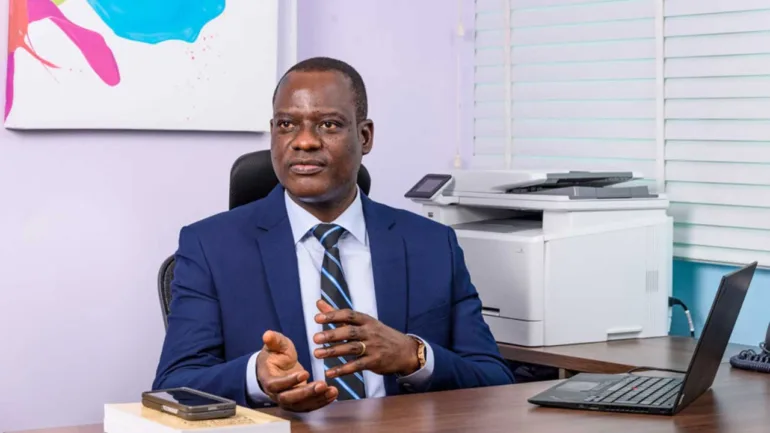The Chairman of the Presidential Committee on Fiscal Policy and Tax Reforms, Taiwo Oyedele, has stated that under Nigeria’s new tax laws, households earning ₦250,000 or less per month will be classified as poor and exempt from taxation.
Speaking on Politics Today on Channels Television on Thursday, just hours after President Bola Tinubu signed four new tax bills into law, Oyedele emphasized that the reforms aim to relieve low-income earners, stimulate economic activity, and improve tax compliance—not increase the tax burden.
Oyedele, a former fiscal policy leader at PwC and presidential appointee since July 2023, described his two-year leadership of the reform committee as “eventful and challenging.” The new laws, he noted, will take effect in January 2026.
“These reforms are not about squeezing more from people. We want to ensure the government doesn’t tax poverty,” he said. “This tax law won’t put cash in your pocket, but if you’re poor, it won’t take your cash either.”
He explained that individuals earning below ₦250,000 per month would be exempt from personal income tax. “We’ve eliminated taxes for the poorest, reduced them for the middle class, and slightly increased rates for high earners,” he said.
According to Oyedele, the middle-income bracket is estimated at ₦1.8 million to ₦2 million per month. Tax rates for this group will be lower than current levels, impacting around 5% of the Nigerian population.
Explaining how the poverty threshold was determined, Oyedele said the committee went beyond global benchmarks like the World Bank’s $2.15/day metric to consider Nigeria-specific realities, such as rural self-sufficiency and informal livelihoods.
“We considered a household of five, typically with two income earners,” he said. “We calculated that such a family earning ₦250,000 monthly could just meet basic needs—no luxuries, but survival. That became our poverty benchmark.”
He added that Nigeria currently collects only about 30% of its potential tax revenue, and that the new laws aim to bridge the 70% shortfall by improving efficiency and closing loopholes.
President Tinubu signed the four tax reform bills into law at the Presidential Villa on June 26, 2025, in the presence of top government officials. The laws are part of the administration’s broader efforts to modernize Nigeria’s tax system and enhance fiscal sustainability.


